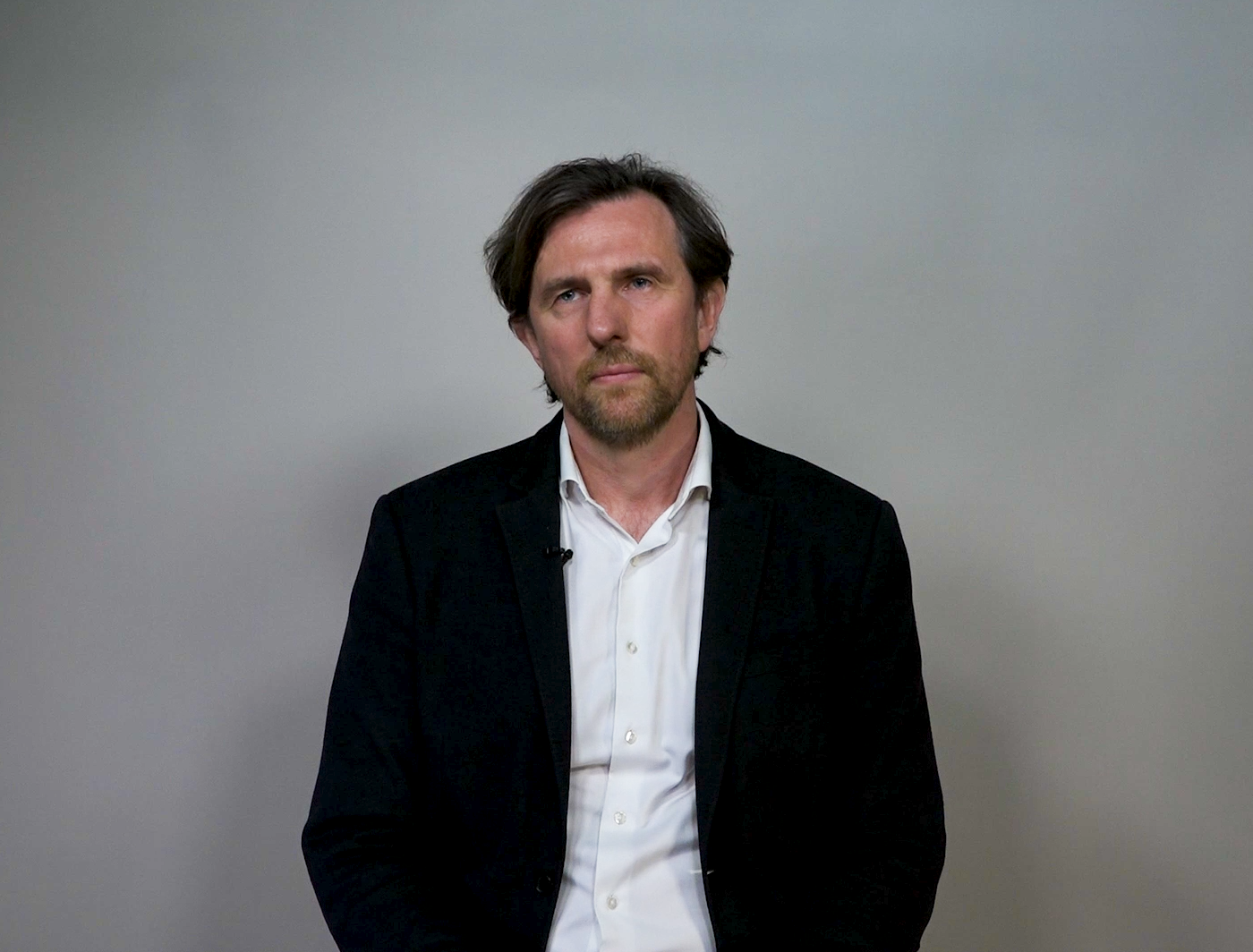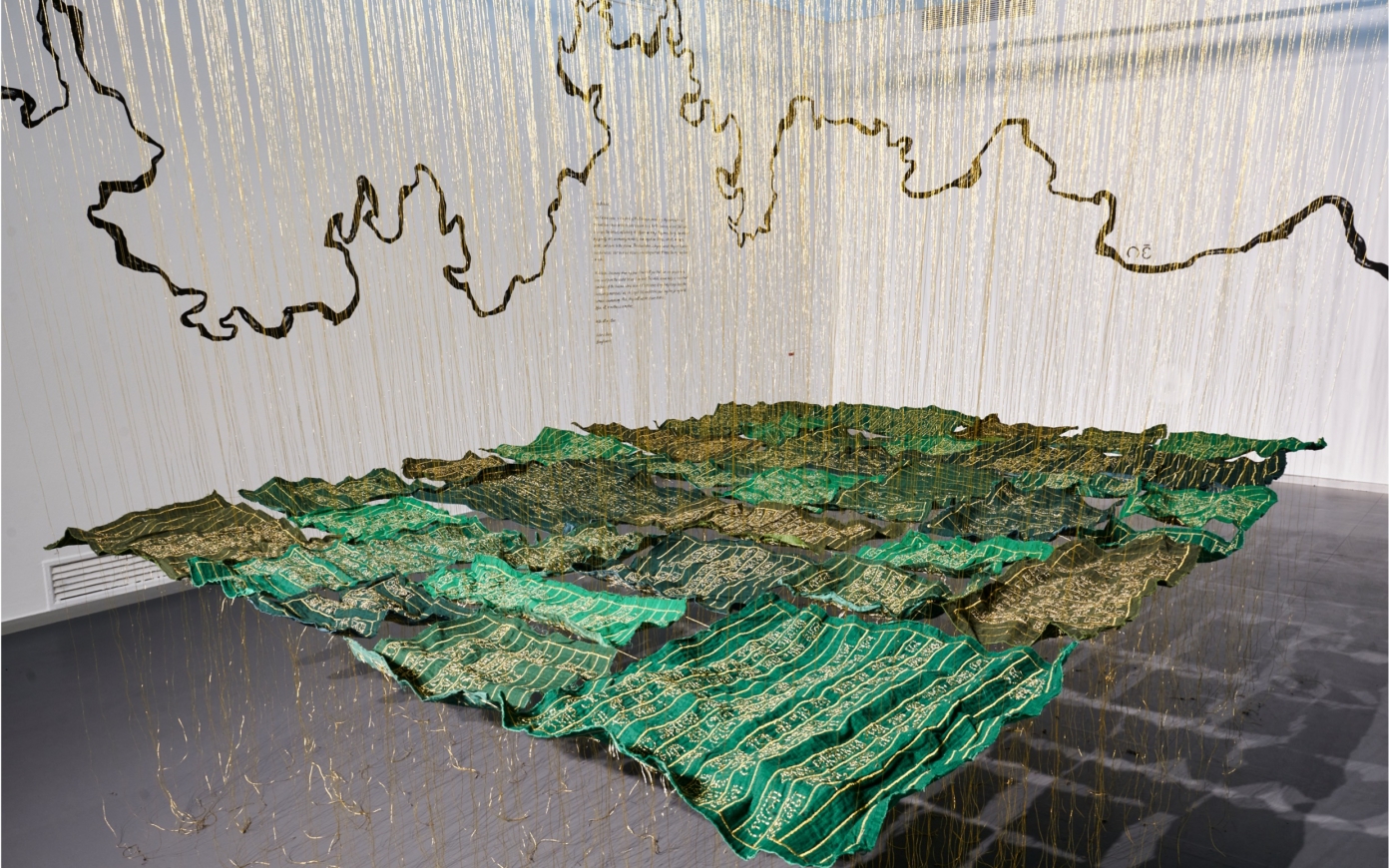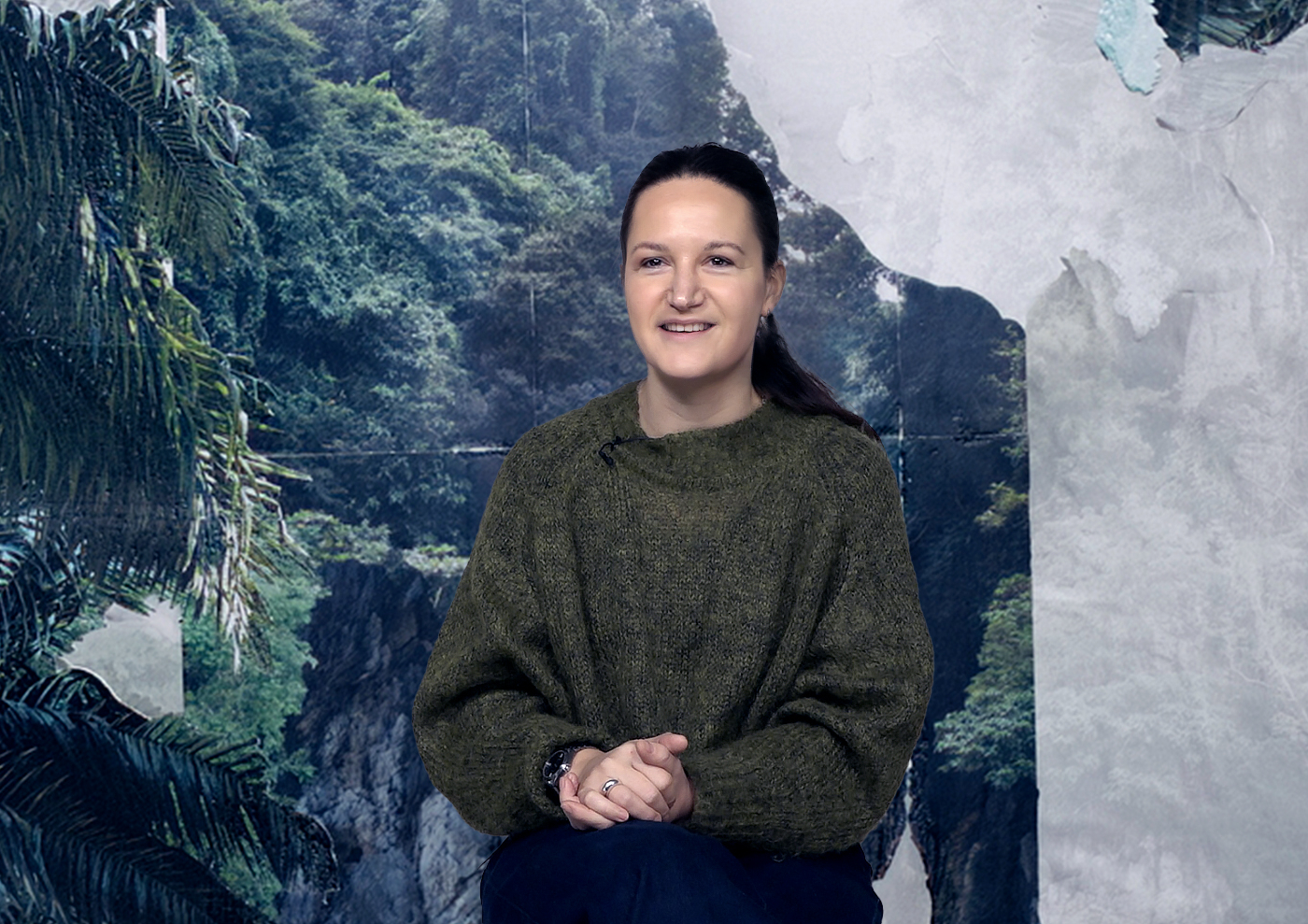STREAM VOICES 12
Eager to share more generously the fruits of its collaborations and research, PCA-STREAM publishes STREAM VOICES, an open source media for research and innovation that explores the making of the metabolic city.
Explorer Tous les stream voices
 stream voices
stream voices
Eager to share more generously the results of its collaborations and research, PCA-STREAM publishes STREAM VOICES, its online magazine!
Discover Stream Voices


